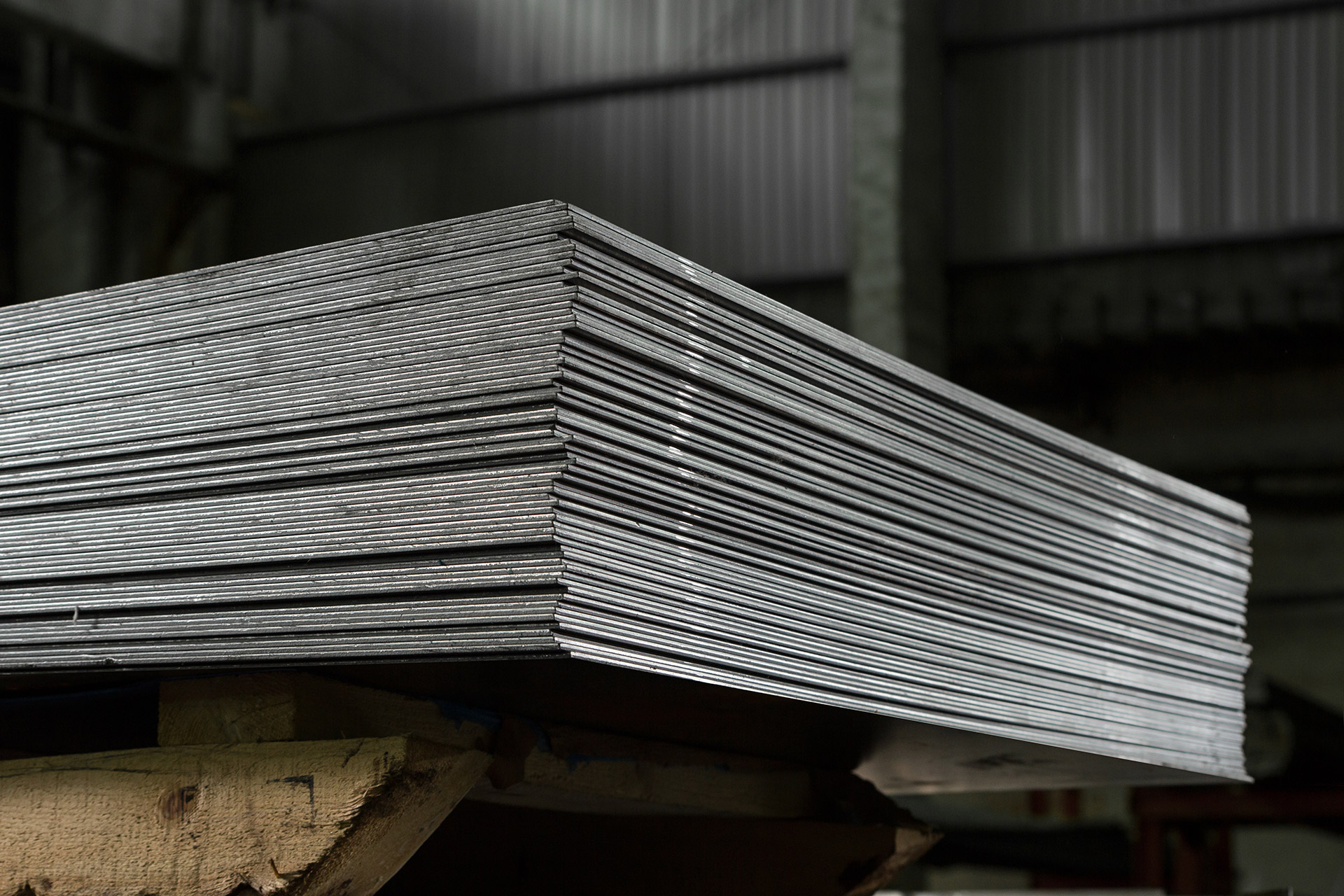The European plate market fell on the week Nov. 25, with reported offers ranging wide between project and commodity-grade material.
Plate prices were assessed down Eur30/mt across Europe, at Eur900/mt ex-works Ruhr, and Eur790/mt ex-works Italy.
In Northern Europe, a wide range of offers were reported between integrated and re-rolling producers.
Offers from re-rollers were heard at Eur850/mt and below, delivered Northern Europe ex-Central Europe and ex-Benelux. One German mill was heard to be offering at under Eur950/mt ex-works Ruhr to some customers, while another German producer remained focused on project business, only offering spot plate at above Eur1,000/mt ex-works.
“Project business is doing well, especially plate for pipes,” a distributor source said. “Geopolitically, there is strong demand for additional pipeline connections given the move away from Russian energy suppliers.”
Despite the bullish project market, stockholders were looking toward the lowest offers, with a mill source saying that “stockholders in Germany are not paying above Eur850/mt on plate purchasing.”
Indeed, a German source reported a deal on the day at Eur800/mt delivered Germany ex-Italy, normalized to Eur780/mt ex-works Italy. Delivery time was reported at under two weeks — illustrating the lack of current demand and willingness of steelmakers to cut discounts to secure volumes.
Offers in the South European plate market were generally heard at around the Eur800/mt mark, ex-works, with larger buyers able to achieve prices of Eur780/mt ex-works Italy.
The decline in plate prices was primarily attributed to poor demand, but the downtrend was also accommodated by lower energy prices.
“Transformation costs have come down around Eur100/mt in the last month due to lower energy prices, which basically correlates to the discounts we are seeing now,” a service center source said.
Platts assessed heavy plate prices in Italy at Eur900/mt on Oct. 28, Eur110/mt above the Nov. 25 assessment.
However, lower production costs won’t necessarily sustain lower prices, as one distributor said.
“Reduction in energy costs may have allowed the market to adjust downward, but this will also reignite the economy somewhat which could create demand and reverse price direction,” the source said.
Slab prices move lower
Besides the input cost of energy, slab prices also moved down week on week, assessed at $545/mt CIF South Europe on the day.
Offers for slab were heard in a range of $550-$600/mt CIF Italy ex-Asia, with one larger re-roller heard settling deals at $545/mt CFR Italy, ex-Taiwan, and at $500/mt CFR, ex-Indonesia, for substantial bulk tonnages.
Trading sentiment for slab was negative, given offers heard at Eur450/mt FOB Russia. While Russian material was overall considered unattractive and usually unviable in the European market due to sanctioning, distributors said there was potential to have the origin disguised for a slight premium through routes such as Turkey.
The material was also heard as routed to Asia, substituting their own domestic products for export back into Europe.
A European distributor said: “The Asian market can buy high-quality Russian slab and export their own poorer-quality material at much higher prices, while we get a dramatic increase on both price and lead times.”
However, another distributor said that new technologies were increasingly being adopted to identify trace elements in the slab to identify origin, which would potentially increase effectiveness of existing sanctions. “If they aren’t testing, then it’s all a farce,” he said.
Platts is part of S&P Global Commodity Insights.
— Benjamin Steven






